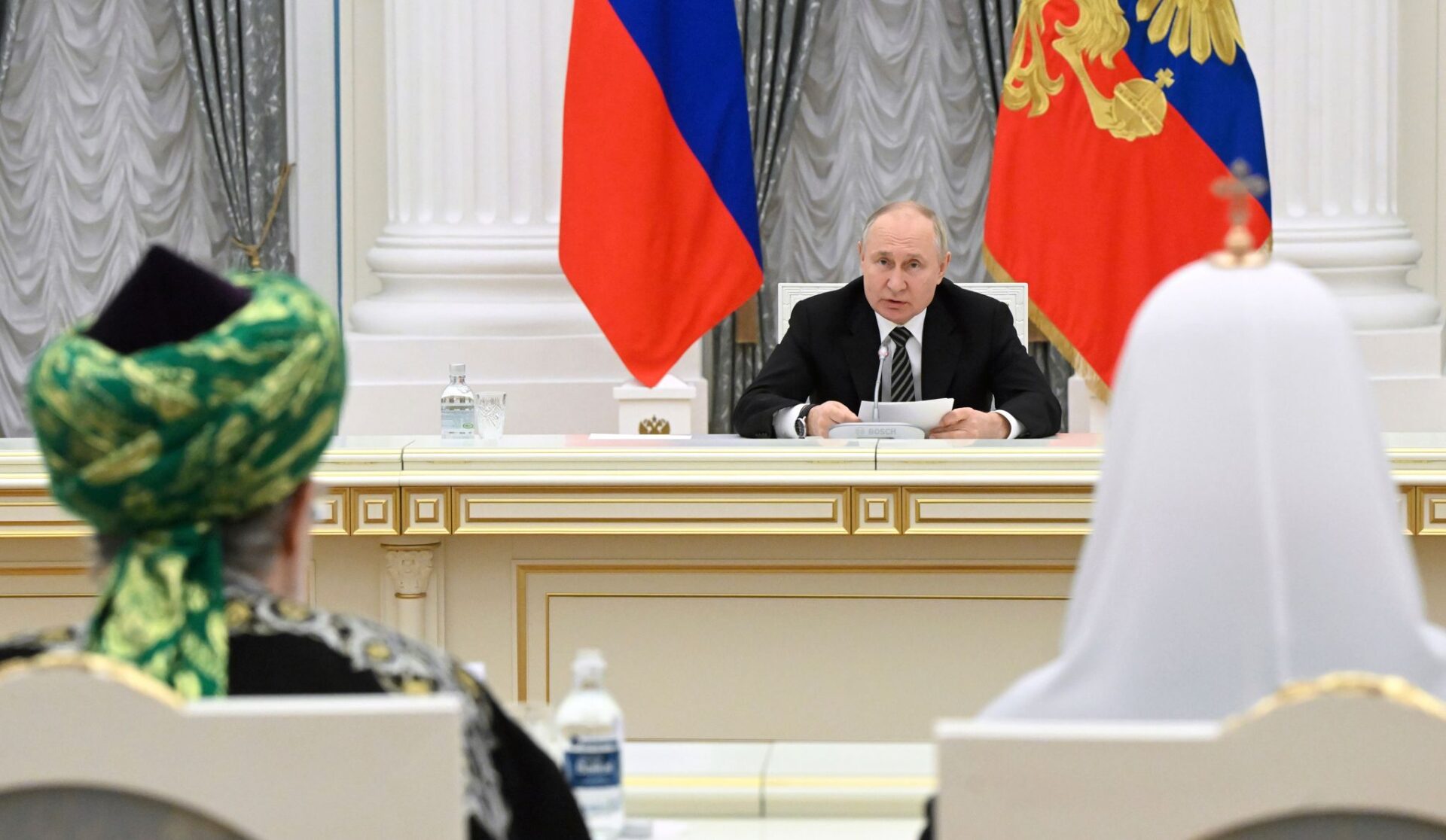The European Commission is expected to present a proposal in September to change the rules for extending sanctions on the frozen assets of the Russian central bank, an EU source told PAP. The aim is to develop stronger guarantees for loans granted to Ukraine by the West.
G7 leaders reached an agreement in June to pay $50 billion in support to Ukraine. This is expected to happen by the end of the year. The deal stipulates that the loan will be secured by profits from frozen Russian assets in the EU and G7 countries, which are worth a total of around €300 billion.
According to EU regulations, imposing sanctions on Russia requires the unanimity of all 27 EU countries, and the sanctions are renewed every six months. Some Western countries, including the US, fear that unanimity among the “27” may eventually be lacking, which would jeopardize guarantees for the loans granted to Ukraine.
Therefore, EU representatives discussed new options in Brussels on Wednesday regarding the application of sanctions on the assets of the Russian central bank. The aim is to develop stronger guarantees for loans granted to Ukraine by the West.
“According to the meeting’s arrangements, the European Commission is expected to present a draft on the matter in September,” an EU source told PAP.
To allay the concerns of some countries, two options are on the table. The first is to automatically extend sanctions on frozen assets. The second option is to extend the sanctions not every six months as before, but for a longer period.
“The second option had a little more support among member states on Wednesday,” a source told PAP. According to PAP information, Poland supports the first option, considering it more predictable. (25.07.2024)
 go to the original language article
go to the original language article
